Property management companies play a vital role in maintaining and overseeing real estate investments, ensuring the well-being of both property owners and tenants. However, it’s essential to recognize that property management companies, like any other service provider, have limitations and challenges that can impact their performance. In this article, we’ll explore the reasons why it’s not always the property management company’s fault and the limitations they may face.
Property Owner Expectations
One common misconception is that property management companies have complete control over property-related issues. While they can provide valuable services, they must operate within the parameters set by property owners. Property owners often have the final say on major decisions such as rental pricing, property improvements, and tenant selection. If owners make decisions that affect the property’s performance negatively, it’s not the fault of the management company.
Property Condition
The condition of a property greatly influences its marketability and tenant satisfaction. Property management companies can only work with what they have. If a property is in disrepair or requires significant renovations, the management company’s ability to attract high-quality tenants and maintain a high rental value may be limited. The responsibility for property maintenance and improvements often falls on property owners.
Legal and Regulatory Constraints
Property management companies must navigate a complex web of legal and regulatory requirements. These can vary significantly by location and property type. Compliance with laws related to landlord-tenant relationships, fair housing, zoning, and safety standards is crucial. Property managers must operate within these constraints, which may limit their ability to make certain decisions or take specific actions.
Tenant Behavior
Tenant behavior can be unpredictable, and property management companies often have to address issues related to tenant disputes, late rent payments, property damage, and lease violations. While property managers can employ effective tenant screening processes and enforce lease agreements, they cannot control tenant behavior entirely. The actions of tenants can impact the property’s performance, and sometimes it’s beyond the management company’s control.
Economic Factors
Property management companies are subject to economic factors that affect property values, rental rates, and vacancy rates. Economic downturns, housing market fluctuations, and local economic conditions can all impact a property’s profitability. Property managers may struggle to mitigate these factors, especially during challenging economic times.
Limited Resources
Property management companies operate within budget constraints set by property owners. This limitation can affect their ability to provide certain services or invest in property improvements. Insufficient resources can hinder the management company’s ability to address issues promptly, leading to tenant dissatisfaction.
Tenant Turnover
High tenant turnover can be costly and time-consuming for property management companies. While they can implement strategies to reduce turnover, such as providing excellent service and conducting thorough tenant screenings, factors like job relocations or life changes can lead to tenant departures that are beyond the management company’s control.
The Bottom Line
Property management companies play a crucial role in maintaining and maximizing the profitability of real estate investments. However, it’s important to recognize that they have limitations and challenges they must contend with. Property owners, tenants, economic factors, legal constraints, and resource limitations all contribute to the complexities of property management. By understanding these limitations and working collaboratively with property management companies, property owners can achieve their investment goals while appreciating the efforts made by these professionals in the face of various challenges.




